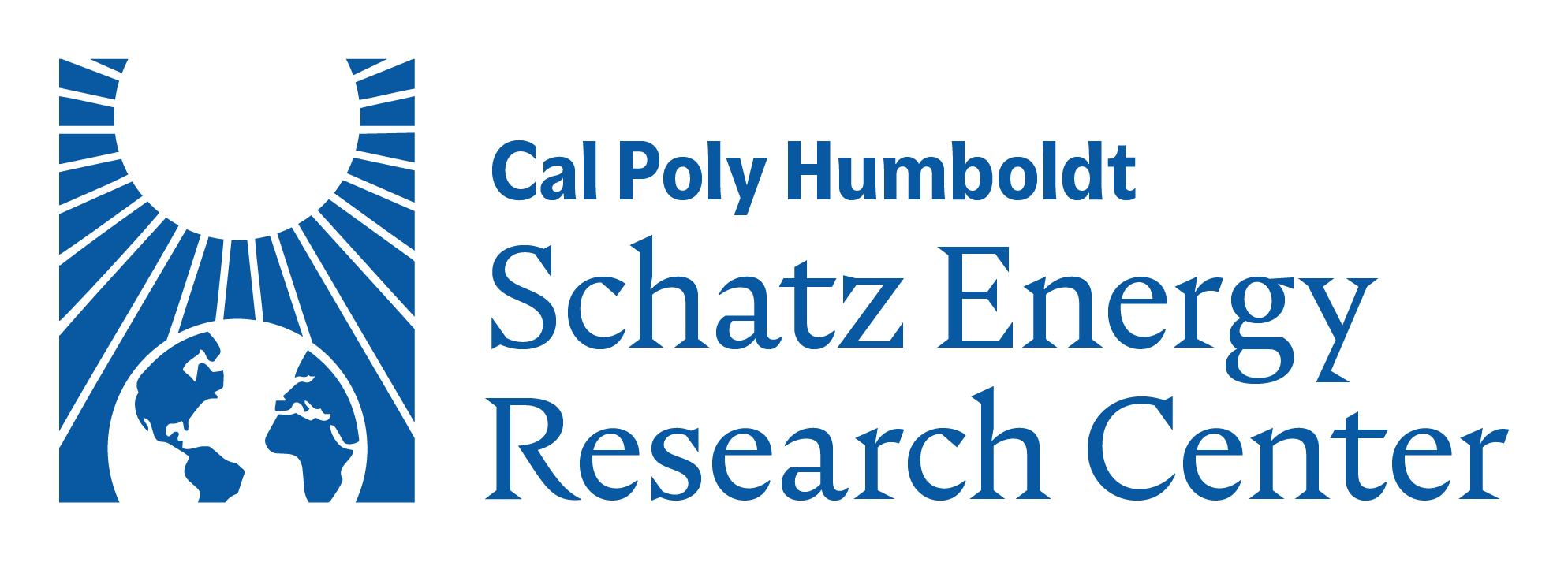Late last spring, the BRDI team began acquiring testing apparatus and field equipment needed for torrefaction, drying, and briquetting of biomass at a test site located on Green Diamond property at Big Lagoon. The area, a demolished mill site, consisted of dilapidated cement, old iron railings, and overgrown shrubs. Drawings had already been prepared for electrical lines, equipment placement, and emergency evacuation locations for the test site, so site set up proceeded quickly.

The torrifier was a pilot unit custom-built by Norris Thermal Technologies (NTT) and hauled on a trailer over 2000 miles from Indiana. This was the largest piece of equipment on site and was the main focus for our summer testing of feedstocks at various temperatures and dwell times. NTT also provided a drying unit, which was purchased by BRDI for future biochar field-testing. This is the same type of drying unit used in many industries, including food and agriculture. BRDI’s application of the dryer was unique in that it used waste heat from the torrifier to dry the feedstocks to varying degrees of moisture content. The team found that moisture content in the woodchips, hard to control due to the combination of summer rains, early fog, and blazing mid day heat, had a significant impact on torrefaction. Moisture content in samples also affected the briquetting of the woodchips. Dry feedstocks of small particle sizes were observed to form dense briquettes of uniform size. Briquettes made of larger wet chips tended to crumble easily, and if the moisture content was high, the bricks expanded and deformed. In addition, because water is incompressible, too much moisture could damage the process mold and hydraulic pistons used to densify the woodchips into briquettes.

Overall, testing was successful and the BRDI team has a plethora of samples to analyze in the lab. An exciting year is expected, as analysis is performed in preparation for continued testing using full-scale equipment next summer.















